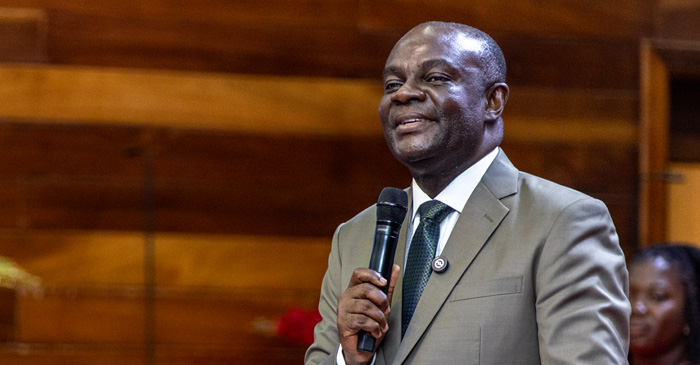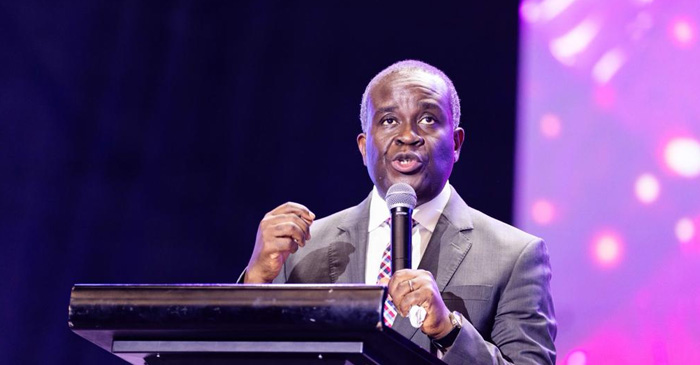
Easter embodies the heart of Christian theology, presenting the ultimate demonstration of God’s power and love through the resurrection of Jesus Christ. This event is pivotal because it confirms Jesus as the Son of God and validates His teachings and sacrifice. The resurrection is seen as the fulfillment of prophecy, affirming Jesus’ victory over death and offering believers the hope of eternal life.
The Easter Controversy
The Easter controversy, a significant event in early Christianity, revolved around the correct date for celebrating the resurrection of Jesus. The dispute arose from differing interpretations of the timing of Jesus’ resurrection and how it related to the Jewish Passover. One viewpoint, primarily held in Asia Minor, suggested celebrating Easter on the 14th of Nisan, the day of Passover, regardless of the day of the week. The opposing view, championed by the Roman Church, advocated for celebrating Easter on the first Sunday after the first full moon following the spring equinox.
Timing of Jesus’s Death and Resurrection
The central issue was whether Jesus’s crucifixion and resurrection should be celebrated on the same day as the Jewish Passover (Nisan 14), or whether Easter should be observed on the first Sunday after the first full moon following the spring equinox.
The Role of the Jewish Calendar
The controversy stemmed from the different ways of interpreting and applying the Jewish calendar in relation to the Christian celebration of Easter.
The Council of Nicaea
The Council of Nicaea in 325 AD, the first ecumenical council, formally adopted the Sunday observance of Easter, setting the date for the first Sunday after the first full moon following the spring equinox.
The Quartodecimans
A specific group of Christians, known as Quartodecimans, maintained that Easter should be observed on the 14th of Nisan, regardless of the day of the week.
The Continuing Impact
The Easter controversy and its aftermath led to variations in the timing of Easter celebrations among different Christian denominations, with some Eastern Churches still observing Easter according to the Julian calendar.
Christianity Begins with Jesus Christ
The effects of Jesus’ life, the response to his teachings, the experience of his death, and the belief in his resurrection were the origins of the Christian community. When the Apostle Peter is represented in the New Testament as confessing that Jesus is “the Christ, the Son of the living God,” he speaks for the Christianity of all ages. It is in response to this confession that Jesus is described as announcing the foundation of the Christian church: “You are Peter, and on this rock I will build my church, and the powers of death shall not prevail against it.”
What is Easter?
Easter is the principal festival of the Christian church, celebrating the Resurrection of Jesus Christ on the third day after his Crucifixion. The earliest recorded observance of an Easter celebration comes from the 2nd century, though the commemoration of Jesus’ Resurrection probably occurred earlier.
The Date of Easter and Its Controversies
Fixing the date on which the Resurrection of Jesus was to be observed and celebrated triggered a major controversy in early Christianity, distinguishing an Eastern and a Western position. The dispute, known as the Paschal controversies, was not definitively resolved until the 8th century. In Asia Minor, Christians observed the day of the Crucifixion on the same day that Jews celebrated the Passover offering—that is, on the 14th day of the first full moon of spring, 14 Nisan. The Resurrection was then observed two days later, on 16 Nisan, regardless of the day of the week. In the West, the Resurrection of Jesus was celebrated on the first day of the week, Sunday, when Jesus had risen from the dead. Consequently, Easter was always celebrated on the first Sunday after the 14th day of the month of Nisan. Increasingly, the churches opted for the Sunday celebration, and the Quartodecimans (“14th day” proponents) remained a minority. The Council of Nicaea in 325 decreed that Easter should be observed on the first Sunday following the first full moon after the spring equinox (March 21). Easter, therefore, can fall on any Sunday between March 22 and April 25.
Eastern Orthodox churches use a slightly different calculation based on the Julian rather than the Gregorian calendar (which is 13 days ahead of the former), resulting in the Orthodox Easter celebration usually occurring later than that celebrated by Protestants and Roman Catholics. Moreover, the Orthodox tradition prohibits Easter from being celebrated before or at the same time as Passover.
In the 20th century, several attempts were made to arrive at a fixed date for Easter, with the Sunday following the second Saturday in April specifically proposed. While this proposal and others had many supporters, none came to fruition. Renewed interest in a fixed date arose in the early 21st century, resulting from discussions involving the leaders of Eastern Orthodox, Syriac Orthodox, Coptic, Anglican, and Roman Catholic churches, but formal agreement on such a date remained elusive.
Easter Customs
Easter, like Christmas, has accumulated many traditions, some of which have little to do with the Christian celebration of the Resurrection but derive from folk customs. The custom of the Easter lamb appropriates both the appellation used for Jesus in Scripture (“behold the lamb of God which takes away the sins of the world,” John 1:29) and the lamb’s role as a sacrificial animal in ancient Israel. In antiquity, Christians placed lamb meat under the altar, had it blessed, and then ate it on Easter. Since the 12th century, the Lenten fast has ended on Easter with meals including eggs, ham, cheeses, bread, and sweets that have been blessed for the occasion.
Easter Eggs
The use of painted and decorated Easter eggs was first recorded in the 13th century. The church prohibited the eating of eggs during Holy Week, but chickens continued to lay eggs during that week, and the notion of specially identifying those as “Holy Week” eggs brought about their decoration. The egg itself became a symbol of the Resurrection. Just as Jesus rose from the tomb, the egg symbolizes new life emerging from the eggshell. In the Orthodox tradition, eggs are painted red to symbolize the blood Jesus shed on the cross.
Significance of Easter Celebration to Christians Today
Easter is pivotal for Christians as it confirms Jesus as the Son of God and validates His teachings and sacrifice. The resurrection is seen as the fulfillment of prophecy, affirming Jesus’ victory over death and offering believers the hope of eternal life.
Theologically, Easter signifies the new covenant between God and humanity, where sin and death are conquered, allowing for reconciliation with God. This transformative moment underscores the concept of redemption, illustrating that individuals are forgiven through faith in Jesus Christ and can attain salvation. It reinforces the belief in the resurrection of the body and life everlasting, central tenets of the Christian faith that influence moral and ethical living.
Easter, therefore, is not just a historical event but a profound declaration of faith, inviting reflection on the mysteries of divine grace, the nature of atonement, and the promise of resurrection for all who believe.
Why Easter is Important for Christians Today
In today’s fast-paced world, Easter stands as a beacon of hope and renewal for Christians. It is a time for believers to reconnect with the essence of their faith, reflecting on the profound love and sacrifice that Jesus Christ demonstrated through His resurrection. This celebration transcends mere historical commemoration; it is a personal invitation to experience transformation and renewal in our lives.
Easter reminds us that, despite our challenges and adversities, redemption and new beginnings are always possible through faith in Christ. It encourages us to live out the values of love, forgiveness, and compassion in our daily interactions, inspired by Jesus’s example.
Moreover, Easter fosters community and unity among Christians as they celebrate their shared faith and the promise of eternal life. This collective observance reinforces the bond among believers worldwide, highlighting the inclusive and transcendent nature of Christianity. Easter is a reflection of our faith’s past and a vibrant expression of its ongoing relevance and power to shape our lives and the world around us.
Written by Overseer Emmanuel Owusu – Mpasaso District, Tepa Area














